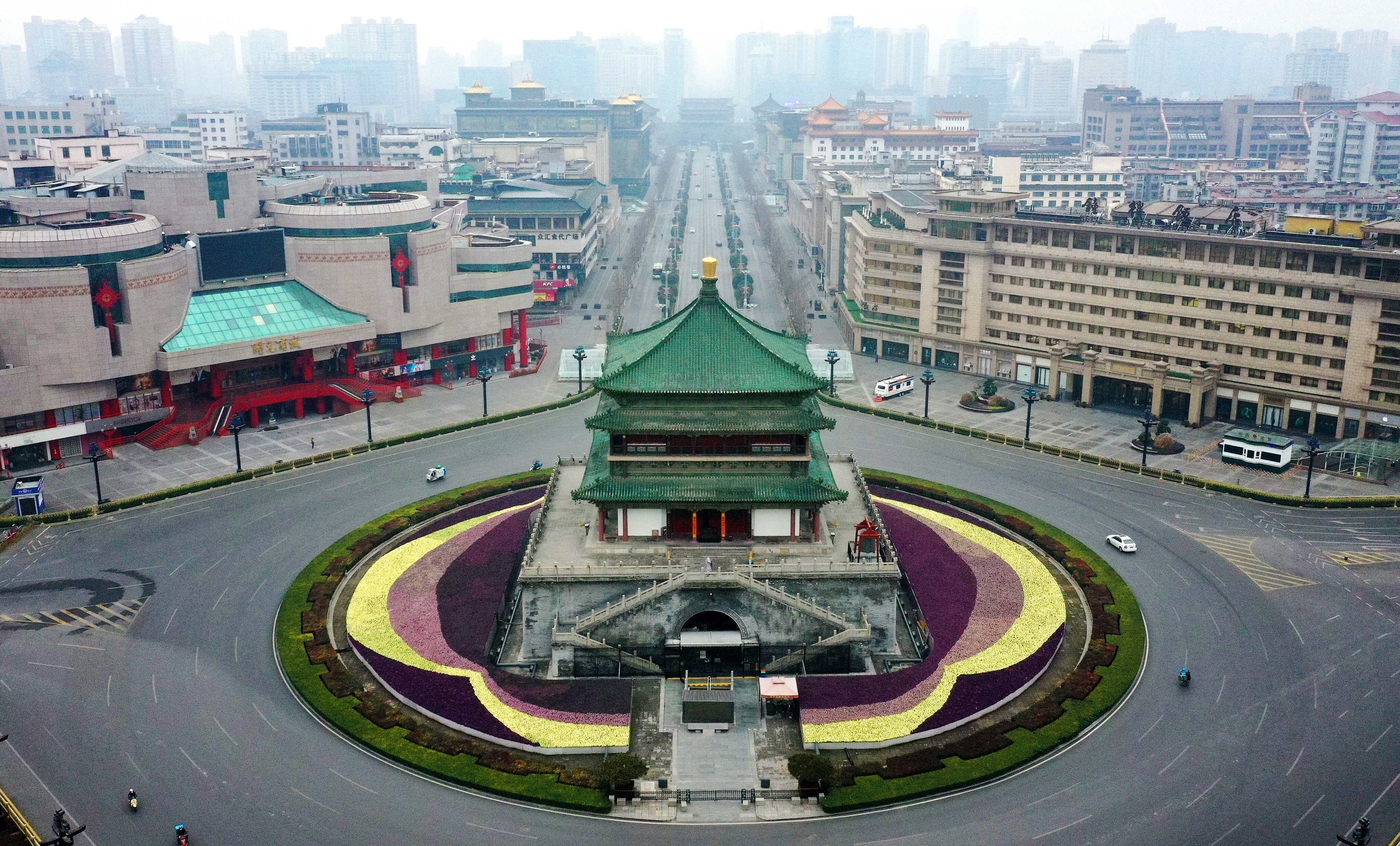China’s Draconian Lockdowns: China’s Worst Decision In Modern Times?
The safety measures put in place by the Coronavirus pandemic are ones that are well-known and experienced by all. Mask wearing, constantly sanitizing our hands, and even sometimes quarantining for weeks on end are all processes that have been normalized by the pandemic that has struck our globe for two years. However, as strict as the protocols may seem in the U.S, those living in China have experienced a much more severe containment of the virus: Draconian lockdowns. The word Draconian is derived from the ancient Greek politician Draco, who was known for his cruel “Draconian” laws and punishments to the people of Athens. As a result, Draco became synonymous with a law that is harsh and severe.
The lockdowns that China instituted around their nation are the exact definition of the word “Draconian.” Cities with millions of people are quarantined whenever an outbreak of COVID hits the urban centers, and the Chinese people are forced to stay in their homes, not even being allowed to exit their residencies to obtain groceries. This practice was noted to be extreme, yet it saw progress containing the virus, and the country eventually saw their number of covid cases drop down to about a 100 per day: for a country with billions of people, that number of cases equates to zero in comparison to China’s population. However, more recently, the Omicron variant of the Virus has been spreading around many cities in China, forcing them to once again enforce the Draconian lockdowns.

In Xi’an, a Chinese city that contains roughly 13 million people, a recent outbreak of the Omicron variant has the government enforcing the lockdown, leaving its streets barren and its businesses closed. Residents of the city are not even allowed to exit their residencies for essential errands, such as grocery shopping; as a result, food shortages have occurred and many have resorted to bartering within their own apartment complexes. The Chinese government does its best to hand out food parcels to the residents of Xi’an, but has yet to find an effective system that efficiently guarantees that 13 million people will be handed their food.
Along with food shortages and businesses being closed, the city of Xi’an has also faced more humanitarian problems in its medical system. In order for citizens to be allowed entry into Xi’an hospitals, they must submit a Covid test that was taken in the last 48 hours of their appointment. Of course, however, when a medical emergency occurs, there is not enough time to submit a Covid test to reserve an appointment for the hospital. Thus, several Xi’an citizens in dire need of medical assistance have been denied entry into the Xi’an hospitals, such as a man who passed away from a heart attack outside the hospital doors. Such strict conditions for entry into a hospital for those in serious medical condition could be argued as breaches of basic human rights, yet this is one of the numerous issues created by Xi’an’s Draconian lockdown.
In addition to China’s domestic problems due to their Draconian approach to Covid, the lockdowns that have occurred in China have impacted the international economy. China is known for its cheap labor and numerous trading ports along its coasts, and with the integration of its draconian lockdowns, these ports and factories that manufacture $2.49 trillion worth of the world’s goods are suddenly shut down. This is extremely detrimental to the global economy, particularly because mega corporations such as Samsung, who have numerous factories set up in cities like Xi’an, have been hit with millions of dollars in losses due to the closing of these factories. Other companies, such as Foxconn, which assembles the iPhone on behalf of Apple, have started to shift their factories from China to other countries like India and Malaysia during the pandemic; however, this decision also costs the company millions of dollars and is an overall loss for the many international companies who rely on China to produce their products.
China’s “Draconian” approach to dealing with the Covid-19 outbreaks has seen little success and has contributed to the formation of more problems than solutions. The Draconian lockdowns are negatively affecting both the lives and economies of domestic China and of first-world countries whose companies rely heavily on China to manufacture their goods. From food shortages to extended periods of economic downturn, China’s Draconian lockdowns can only be characterized as a disaster that has ruptured the state of China and the international economy.









